Indian Prime Minister Narendra Modi announced on Thursday that the bilateral trade volume between the US and India is aimed to be doubled to USD 500 billion by 2030. Modi stated that the two countries are working on a mutually beneficial trade agreement.
Modi emphasised that India and the US will strengthen their partnerships in artificial intelligence, semiconductor technologies and strategic minerals. He also said that cooperation will be increased to make supply chains more robust.
US President Donald Trump announced that India has reduced customs duties on American goods. Stating that they will start negotiations with India in order to eliminate imbalances in trade, Trump stated that the customs duties imposed by the USA on India will be mutually regulated. Trump said that this move is an important step towards creating a fair trade system.
Trump also stated that India's purchase of more oil and natural gas from the US will be effective in closing the trade deficit. Explaining that the US will increase its military sales to India, Trump stated that it is planned to supply F-35 fighter jets to India in the long term.
Strengthening Space Cooperation
Modi and Trump stated that they see 2025 as a pioneering year for US-India civil space cooperation. While NASA and ISRO are scheduled to send an Indian astronaut to the International Space Station (ISS) through AXIOM, it was announced that the joint radar project NISAR mission has been brought forward. This project will systematically map changes on the Earth's surface.
As part of the partnership in space exploration, expertise sharing and professional exchange programmes on topics such as long-term manned space flights, space security and planet protection are planned. The two countries aim to expand cooperation in areas such as connectivity technologies, advanced space flight systems, satellite and launch systems, space tourism and production in space.
In the statement, it was emphasised that the US National Science Foundation and various Indian scientific institutions will continue joint research in areas such as semiconductors, machine learning, next generation telecommunications, intelligent transportation systems and biomanufacturing. In this context, the two countries aim to create a strong cooperation for the future by acting together in technology and scientific innovations.


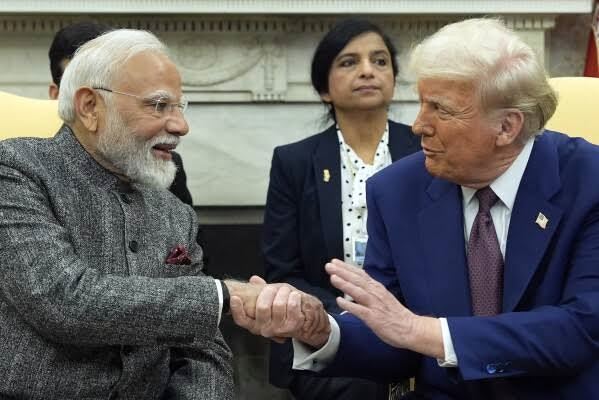



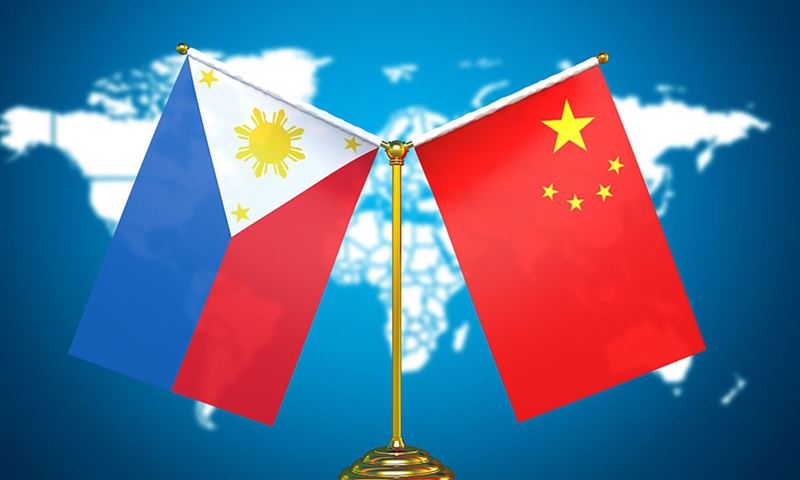
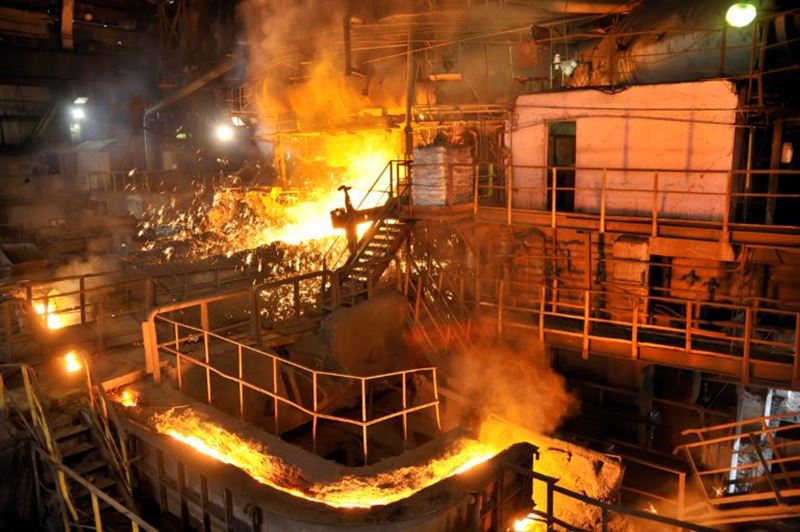
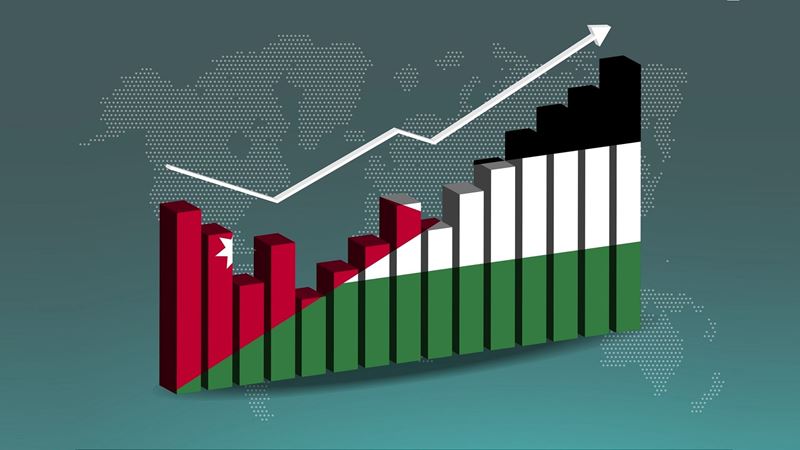
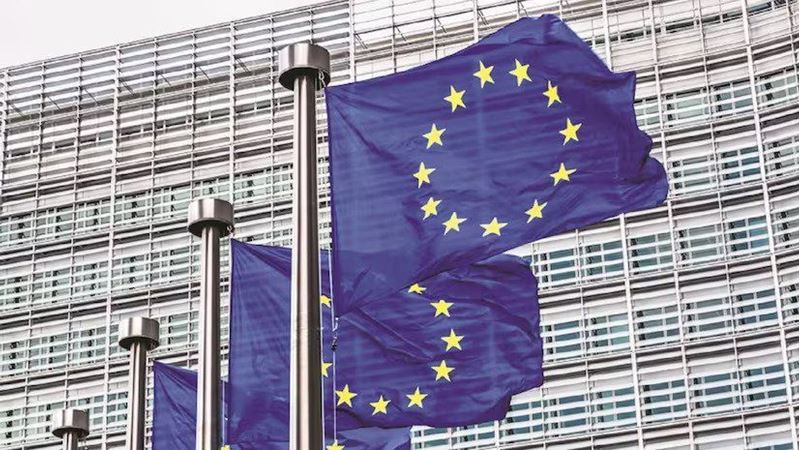

Comments
No comment yet.